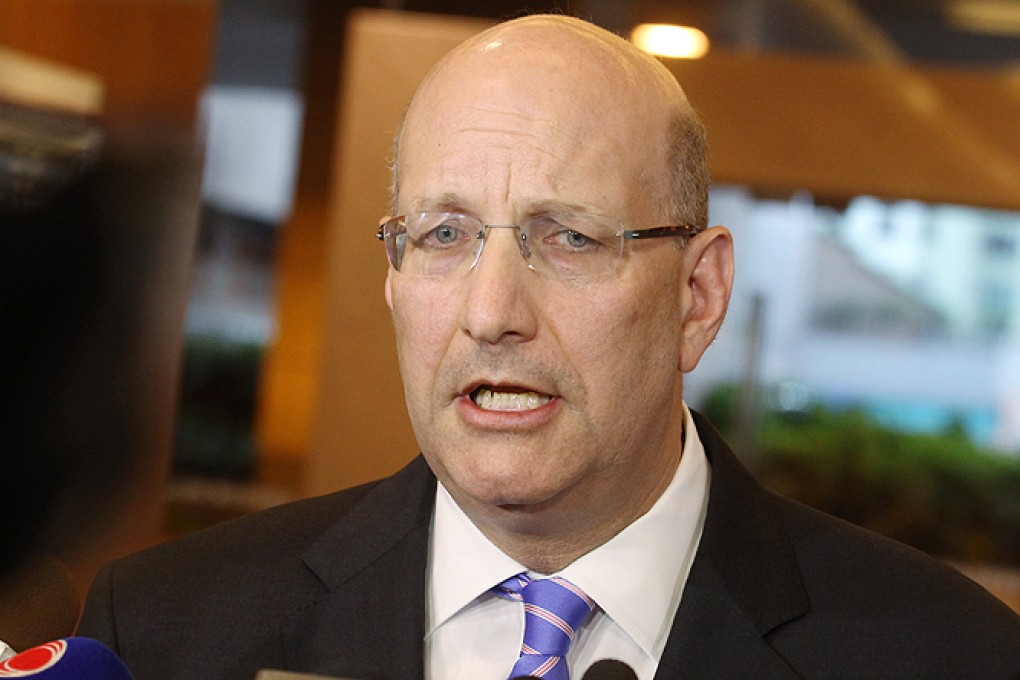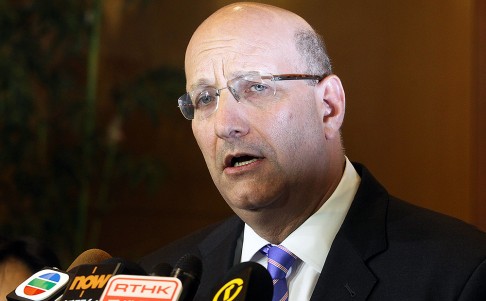Update | MTR chief Jay Walder to exit a year early in wake of cross-border rail link delay
Internal report criticises chief executive and projects director for 'poor judgment' over problems with HK$67b high-speed link

MTR Corporation chief executive Jay Walder will step down next month - a year earlier than scheduled - after an internal report yesterday criticised him for "poor judgment" over the delayed cross-border rail project.
The decision was a "mutual agreement" that would be "beneficial" to the company and had nothing to do with the report, MTR Corp chairman Raymond Chien Kuo-fung said.
We are not saying at all that Mr Walder is not competent
Walder will leave on August 15, after saying in May that he would not renew his contract when it ended next year. His deputy, Lincoln Leong, will serve as acting chief executive during a global search for a replacement.
Walder's hastened departure comes at the end of an inquiry by a committee of MTR board members into the two-year delay of the HK$67 billion dollar high-speed rail link to Guangzhou.
The MTR announced in April that construction problems had pushed completion back to 2017.
The report put the most blame on projects director Chew Tai-chong for not informing other executives and the board when he became aware of a possible delay. But the report also said Walder should have "exercised more critical judgment" in overseeing the project.

